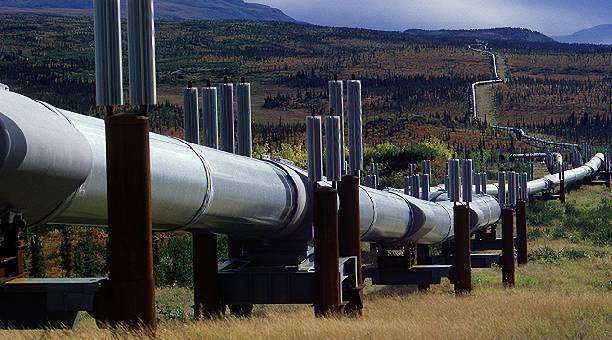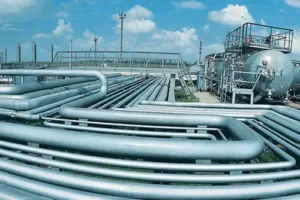The last approval for the investment to be made was to be made at the end of 2023, but was moved to 2025 and will be done by a private company to be established to undertake construction, operation and maintenance of Construction of the Nigeria-Morocco gas pipeline. The desire for more resource intensive studies and the strings attached in an operation that include having to come to consensus with the different governments through whose territories the pipeline will pass has therefore led to the delay of the commencement. Start of the project
The Moroccan National Office of Hydrocarbons and Mines is predicting that the specific tenders for the transport of gas and the agreements for the pipeline construction will be signed in 2025. Also, the organizational structure will provide a company that is responsible for the supervision of the works, as well as the acts of operating and maintaining the constructed facility.
In the project, initial funding was obtained from the Islamic Development Bank and the OPEC Fund for International Development. Later on, the Economic Community of East African States desired to be a partner in a project which from a strategic point of view is another option of supplementary energy supply.
Also, the Nigerian National Petroleum Company (NNPC) said it is in very good standing to embark on a project that would connect Nigeria and Morocco. And, as it was stated by the Moroccan Hydrocarbon Office, the strategic project will help to speed up the electrification process and ensure people’s access to energy.
Lenght
The pipe-line will cover about 5, 600 Kilometres and is expected to link Benin, Togo, Ghana, Côte d’Ivoire, Sierra Leone, Guinea, Guinea Bisau, Gambia, Senegal, Mauritania, Moroccan and such other countries as Niger, Burkina Faso and Mali.
When it comes to capacity, the maximum planned is 30 billion cubic meters per the year. Morocco, Mauritania and Senegal will be included this first phase of this project.
In June 2023, the National Bureau of Hydrocarbons and Mines inked 4 MoUs with the Nigerian National Petroleum Corporation and oil operators in four nations including the Republic of Guinea, Benin, Liberia & Côte d’Ivoire. Equally, other countries also entered into MoU with Morocco and Nigeria. This is due to the fact that the two countries have primary interest in the attainment of the strategic energy project.
Advantages that accue with the acquisition of the Atlantic Gas Pipeline
This project does not only establish Nigeria’s access to several African countries including most of those on the Atlantic coast; and hence to the Maghreb – Europe pipeline by extension.
This will also translate to mean an enhanced living standards of the people of the west African region, and be integrated into the economy of these region such that industrial and socio economical development will be fostered.
The Nigeria-Morocco gas pipeline link connects the need of the African producer and Nigeria, the potential energy hub as for the European market supply.
More than 5.66 million cubic meters are exportable reserves of Nigeria, currently the largest superior of hydrocarbon in Africa compared to Morocco one of the countries with limited natural resources, even though it is investing in renewable energy resources and aims to be among the top global producers of green hydrogen.
Read also South Africa Advances the N2 Wild Coast Road Project

